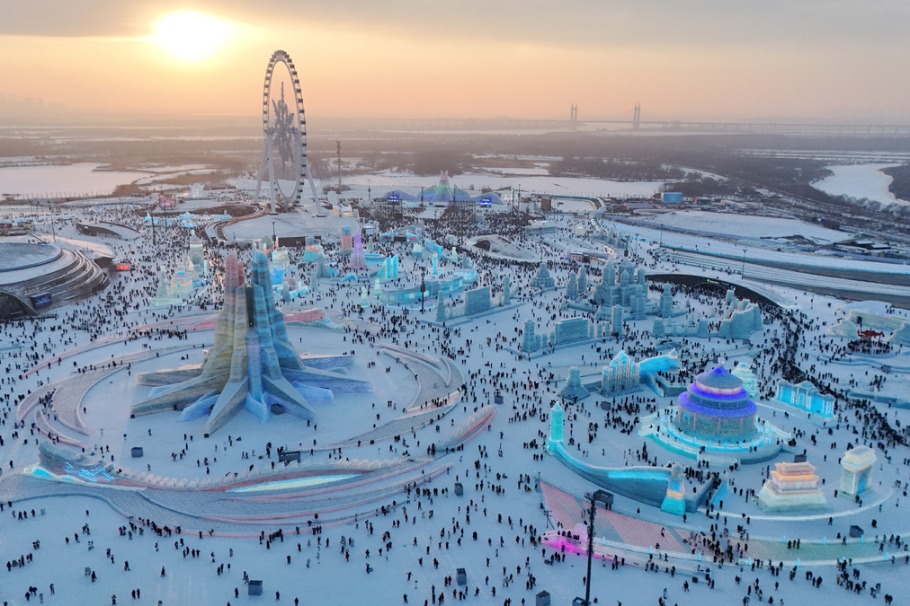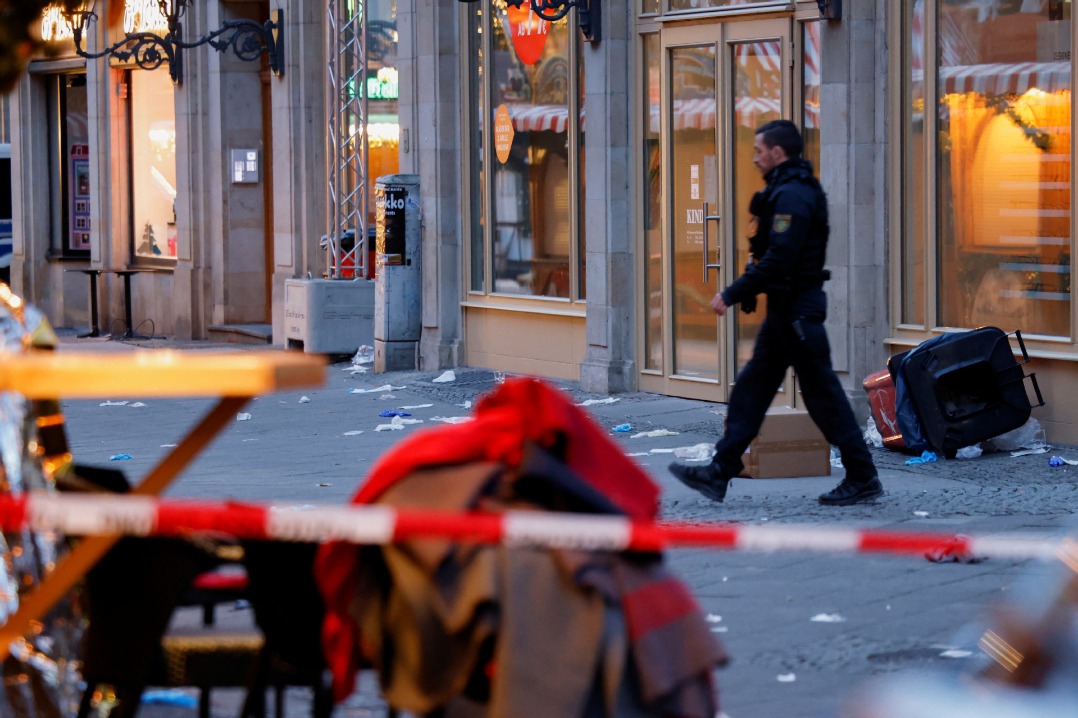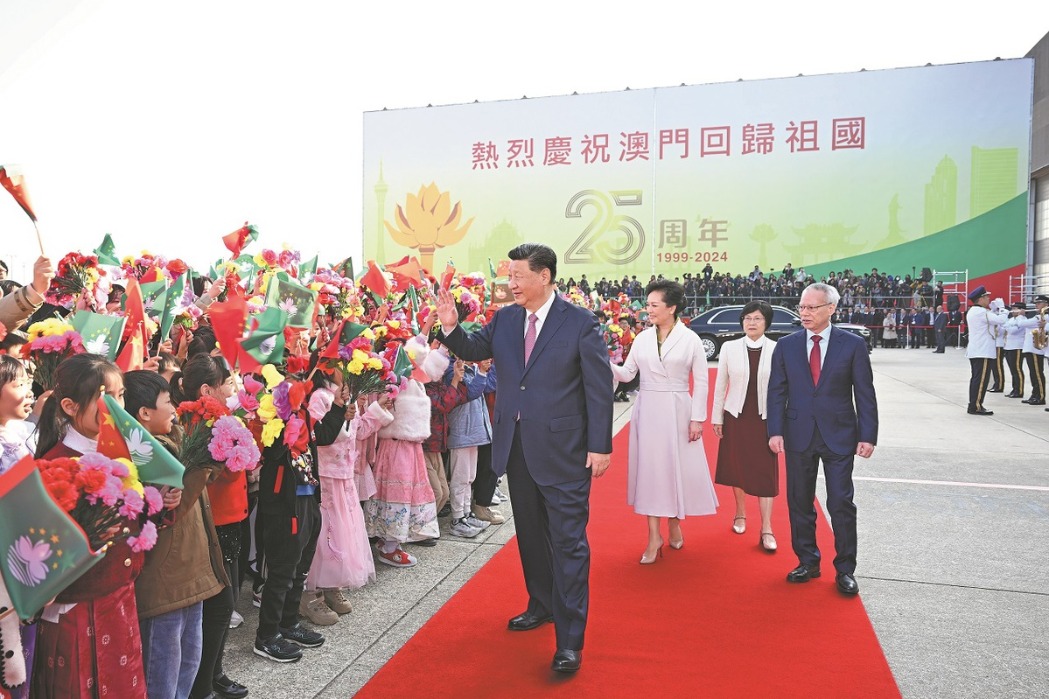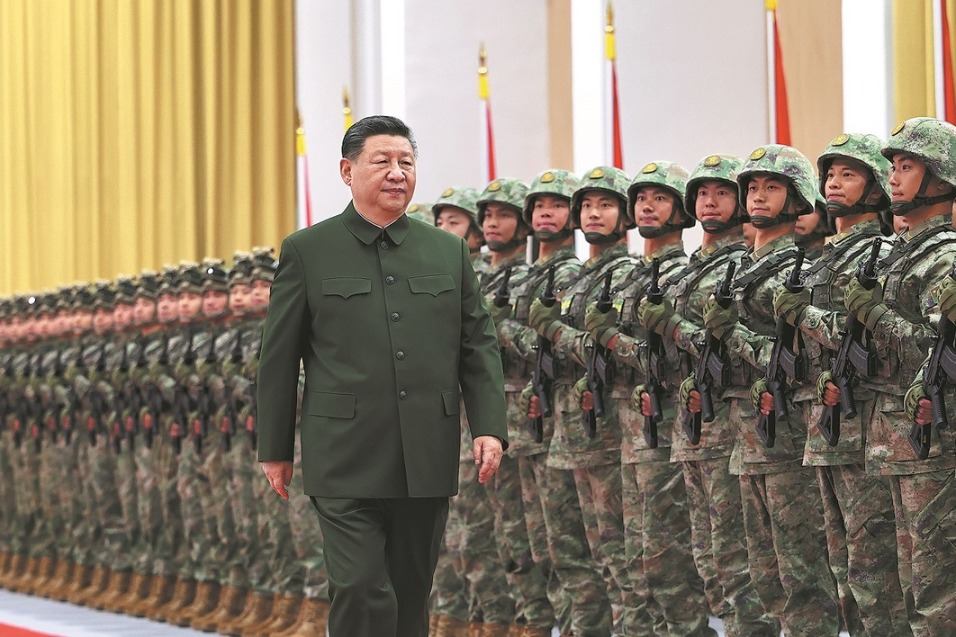Finland opens long-delayed nuclear facility amid Ukraine crisis
By JULIAN SHEA in London | China Daily Global | Updated: 2022-03-14 09:41
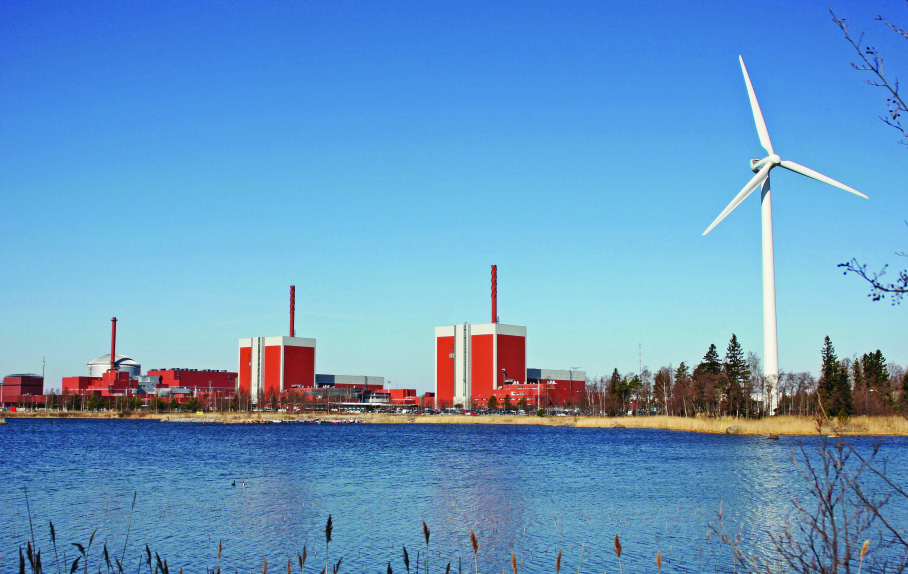
Against a backdrop of soaring fuel prices worldwide and growing concern about the extent and impact of the conflict in Ukraine, Europe's first new nuclear power plant in 15 years was officially opened in Finland on the weekend.
The facility, called Olkiluoto 3, has begun test production for the country's national grid, and should be up to full capacity by the end of July, when it will be on course to meet 14 percent of the country's demand for electricity, allowing it to ease off imports from Norway, Sweden, and Russia.
It is located on Finland's west coast and is the country's first new nuclear facility in more than four decades.
"OL3 significantly improves Finland's electricity self-sufficiency and helps in achieving carbon neutrality goals," said the operating company Teollisuuden Voima, also known as TVO.
The reactor, built by the Frenchled Areva-Siemens consortium, was originally supposed to open in 2009, but technical problems developed into legal disputes and the project was halted.
It was Europe's first nuclear power station since the 1986 Chernobyl disaster, with a combination of French and German technical expertise offering higher safety standards and increased production power, before disputes about technical issues, which Finland's nuclear regulator put down to poor management and workmanship, put the project on hold.
According to the 2019 World Nuclear Industry Report, its initial estimate cost of 3 billion euros ($3.27 billion) ended up being closer to 11 billion euros.
The compensation dispute between TVO and Areva was settled in March 2018, and now the plant is ready to become productive.
"When Olkiluoto 3 reaches full output, around 90 percent of Finland's electricity generation will come from clean, low-carbon electricity sources, with nuclear generation supplying around half of that," said Sama Bilbao y Leon, director-general of the World Nuclear Association.
"We congratulate the staff of TVO, the Finnish regulator STUK and all the companies involved for this great achievement."
The Ukraine conflict has made many Europeans see it as a relief to lessen Europe-wide dependence on fuel imports from Russia amid the uncertainty and economic consequences.
Currently, around 40 percent of Europe's gas and more than one quarter of its crude oil comes from Russia, and steps have already been taken to reduce its importance, with Germany, which gets around half its coal and oil from Russia, saying it wants to end both by the end of the year.





